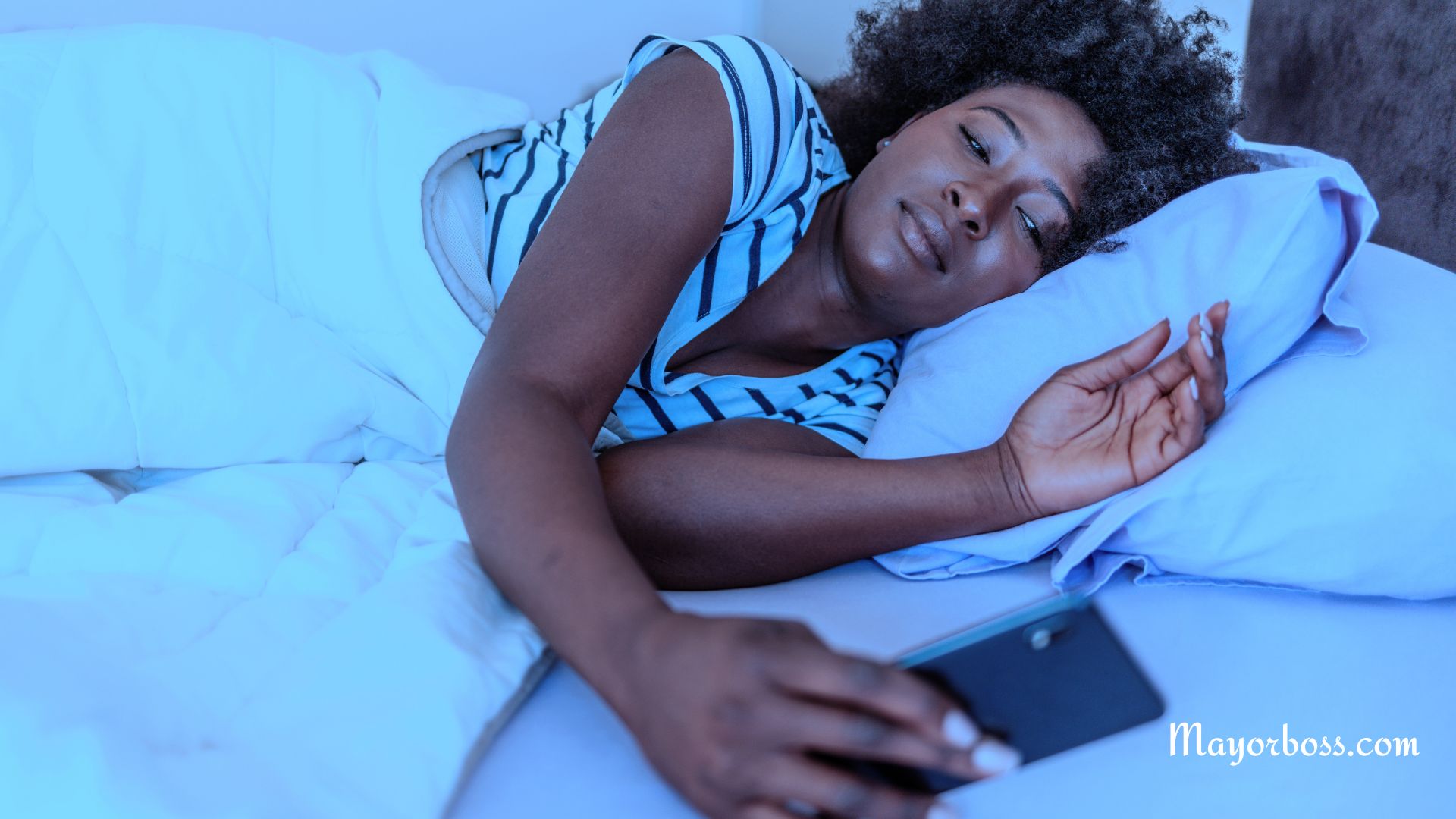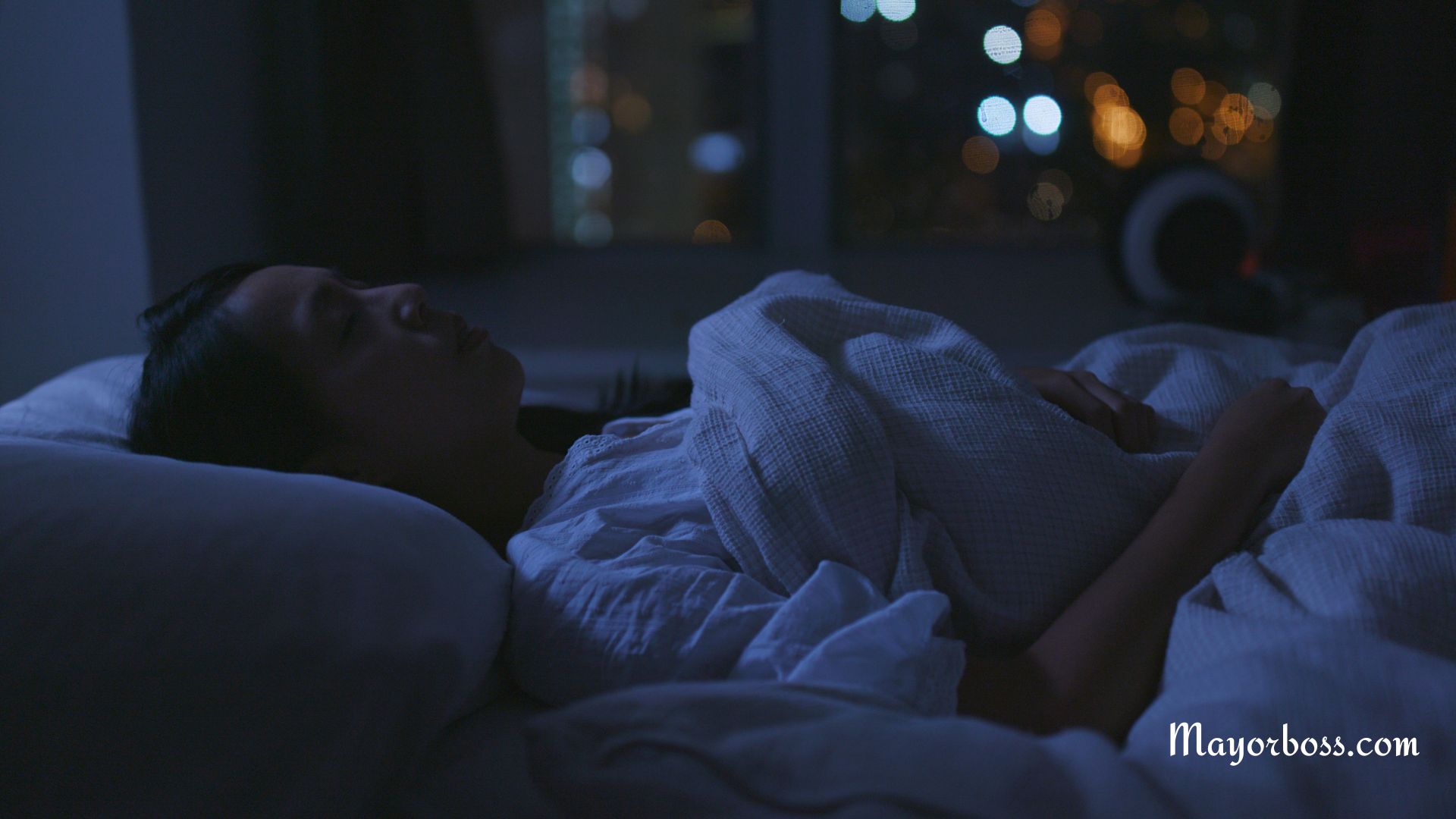What to Do When You Can’t Sleep
Are you looking for what to do when you can’t sleep? Tossing and turning at night can be frustrating. The inability to sleep, known as insomnia, might stem from stress, anxiety, or medical conditions. Various strategies can help you fall asleep, from lifestyle adjustments to natural remedies and medications.

When You Find Yourself Awake at Night
So, you’re lying in bed, staring at the ceiling, and sleep seems miles away. You’re not alone. Millions of people experience sleepless nights. The reasons could range from stress and anxiety to more serious medical conditions. To tackle this issue effectively, you need to get to the root of the problem.
Evaluate Your Sleep Environment
Start by taking a good look at your bedroom. Is it dark, quiet, and cool? These are ideal conditions for sleep. If your room is too bright, consider blackout curtains. When your room is noisy, white noise machines or earplugs might help.
Examine Your Evening Routine
What are you doing before bedtime? Watching TV or scrolling through your phone could be the reason you’re finding it hard to sleep. The blue light emitted from electronic devices can mess with your body’s natural sleep-wake cycle. Instead, opt for calming activities like reading a book or taking a warm bath.
Lifestyle Changes for Better Sleep
Sometimes, the key to a good night’s sleep lies in your daily habits.
Exercise and Physical Activity
Regular physical activity can help you fall asleep faster. However, try to avoid rigorous exercise close to bedtime, as it might energize you instead.
Diet and Nutrition
What you eat can also affect how well you sleep. Foods high in sugar and caffeine can keep you awake. Therefore, opt for sleep-friendly foods like almonds or chamomile tea.
Eat Light
A heavy meal right before bed can cause discomfort and indigestion, making it hard to fall asleep. Opt for a light snack if you’re a bit peckish.
Limit Stimulants
Alcohol and nicotine are stimulants that can disrupt your sleep. As a result, try to avoid them, especially in the hours leading up to bedtime.
Natural Remedies to Help You Sleep
When you’ve tried everything and still can’t sleep, you might consider natural remedies.
Herbal Teas
Chamomile and valerian root teas are popular choices for inducing sleep. They are known for their calming effects.
Aromatherapy
Lavender and other essential oils can create a soothing environment. Simply add a few drops to a diffuser and let the aroma fill your room.
Medical Treatments for Sleep Issues
In severe cases, you might need to consult a doctor for prescription medication.
Over-the-Counter Medications
Antihistamines like Benadryl can make you drowsy, but they should only be used as a last resort and for a short period.
Prescription Sleep Aids
If you’ve tried all the above options and nothing works, a doctor might prescribe sleep medication. These should only be used under medical supervision.
When to Consult a Doctor
If you’ve tried multiple strategies and still can’t find relief, it might be time to consult a healthcare professional. Sleep disorders like sleep apnea or restless leg syndrome could be the underlying issues. Medical tests can diagnose these conditions, and your doctor can recommend an appropriate treatment plan.
Further Reading: 6 Signs of Sleep Deprivation You Shouldn’t Ignore






